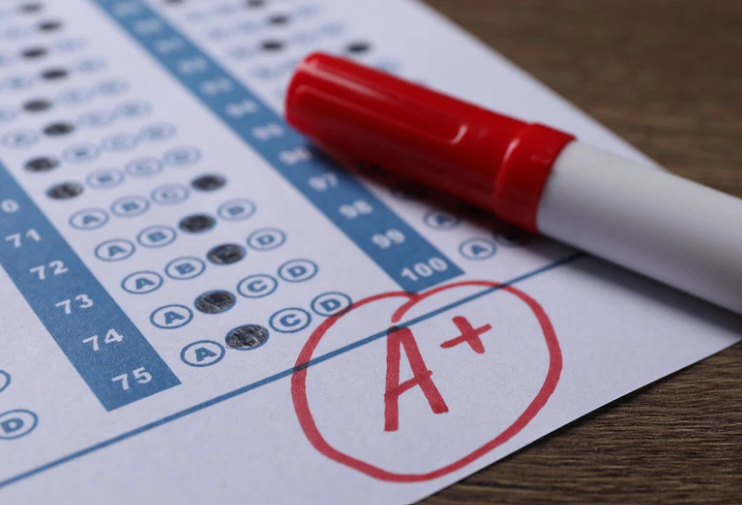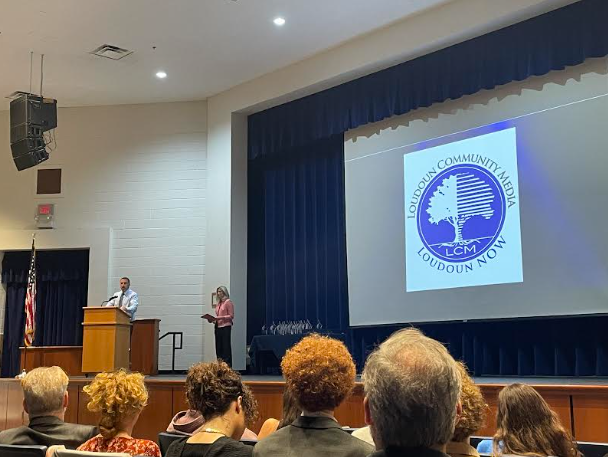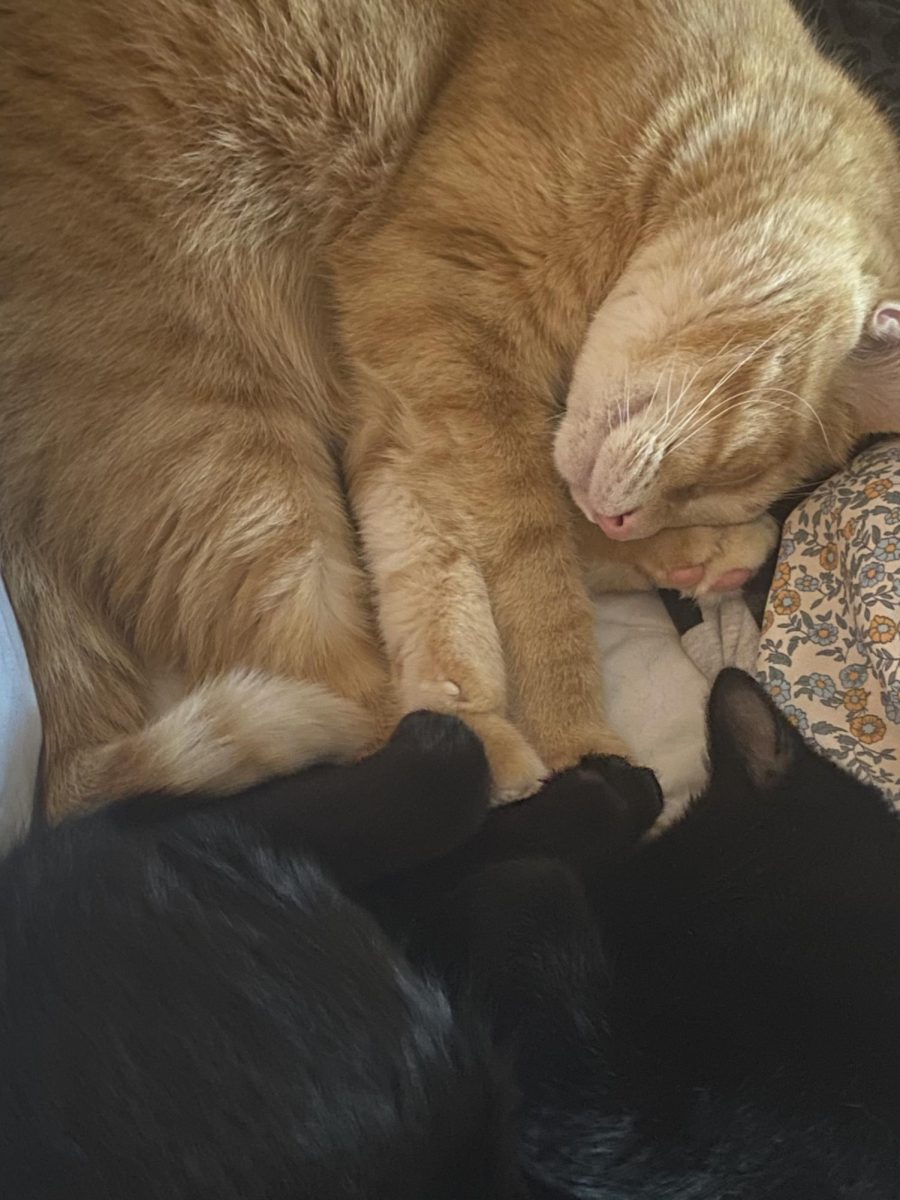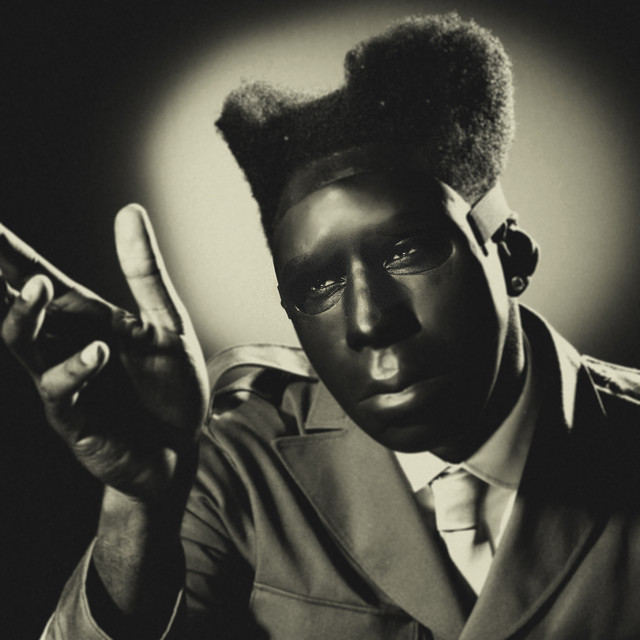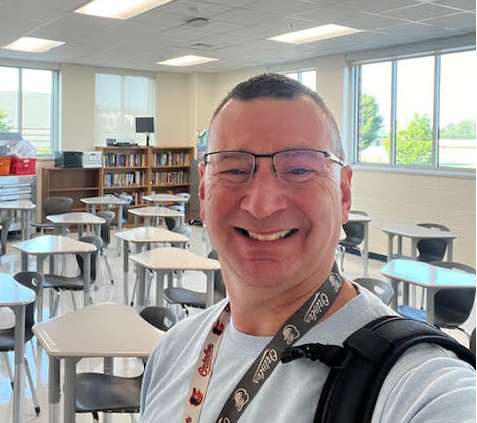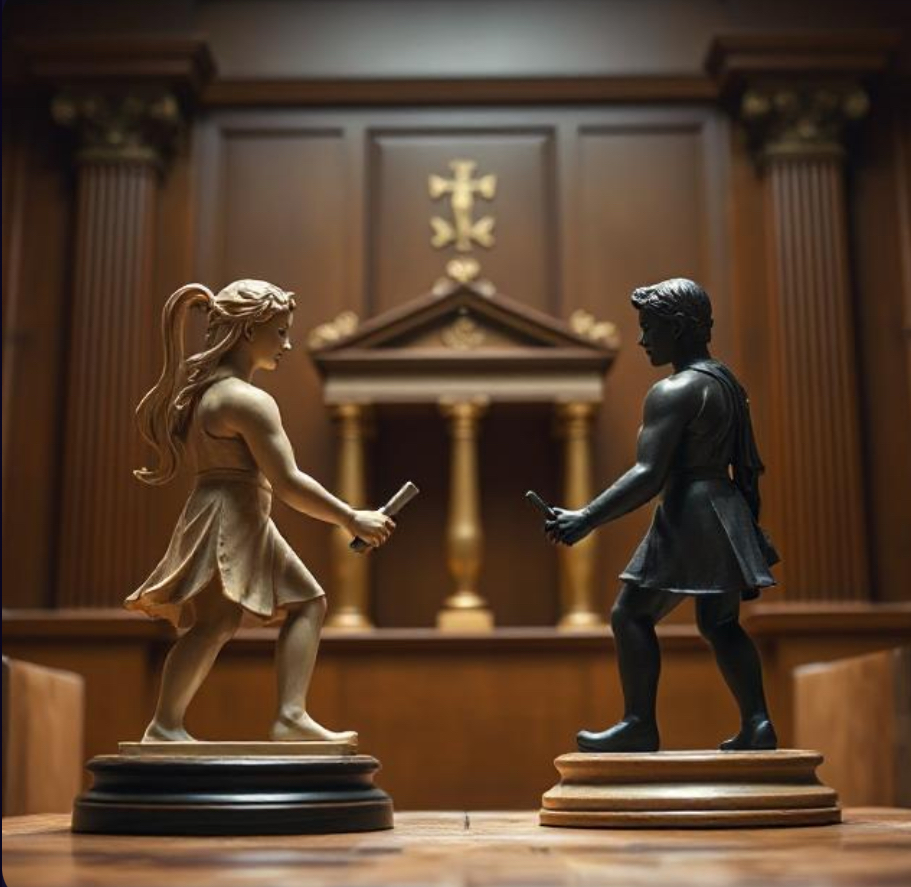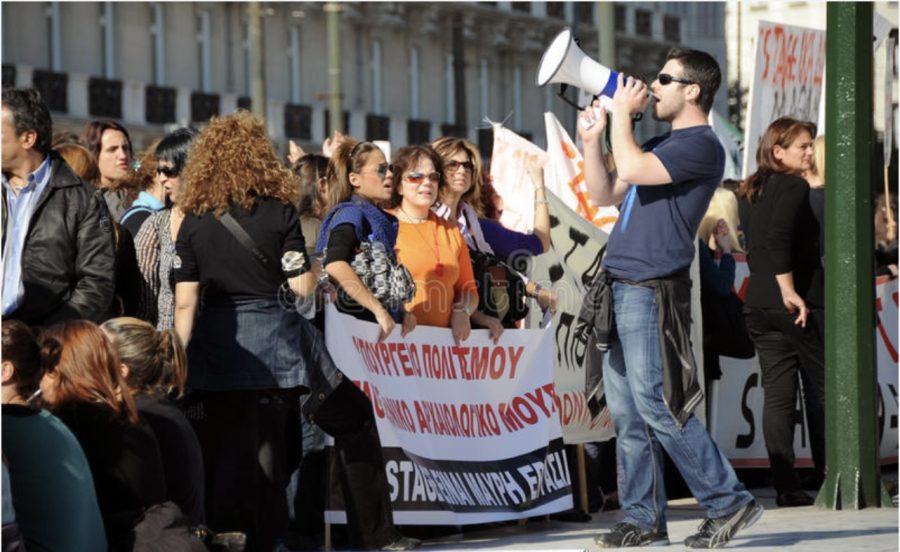Protests in Athens follow Train Crash
April 20, 2023
On Feb. 8, a train crash in the Tempi municipality in Greece claimed the lives of 57 passengers. A cargo train and a passenger train collided at high speeds. Greek prime minister Kyriakos Mitsotakis declared that the incident was “mainly due to a tragic human error.” The stationmaster in charge of traffic for the stretch of tracks has been arrested and charged with negligent homicide, as well as other crimes related to the issue. Transportation Minister Kostas Karamanlis has resigned, saying that the railway system was “in a state that doesn’t benefit the 21st century.”
Following the incident, more than 40,000 outraged protesters have taken to the streets of Athens to voice their concerns to the government that they feel should take more safety measures. To counteract the protest, police have fired stun grenades and tear gas at protesters, resulting in protests turning into riots.
Heather Wise, a sophomore at Briar Woods, shares her thoughts on the matter. She said she thinks these protests are justified because “the people have a right to express their emotions and that the government should take more charge.” Additionally, she believes that the government should respond by “[seeing] how the people feel and make adaptations to their exceptions and punishments accordingly.” Wise shares her thoughts about the effect on Greece by acknowledging that “the population is now uneasy and it affects them in ways mentally of the events that happened, and the deaths.”
Sophia Droumbanis lived in Athens as a teenager before immigrating to the United States. She believes these protests are justified, saying “the people trust their government and obviously the government has failed them.” She said that the government should respond to these protests by “[allaying] the fears of the people by implementing stringent rules as to the upkeep and good condition of the infrastructure. [As well as] make sure that the personnel are qualified and trained periodically. It is her belief that in Greece, “the population [is affected] first by grieving collectively, then by not trusting the government to ensure their safety.”
While some time has passed since the crash, the people of Greece are still upset. They are still grieving over the unnecessary loss of life, and putting their safety at risk during the protests to voice their concerns to the government. In an interview with NPR, 17 year old Stella Dorou describes how she took to the streets of downtown Athens to protest with her high school classmates. She said that “this is the first time I’ve seen everyone actually want to come out and do it [because] it’s kind of dangerous to protest here in Athens.” This danger, of course, comes from police brutality. Dorou knew one of the victims that was killed in the crash, and she said that “many people didn’t actually get back to their homes safely, that’s the most heartbreaking part of this whole situation.”



